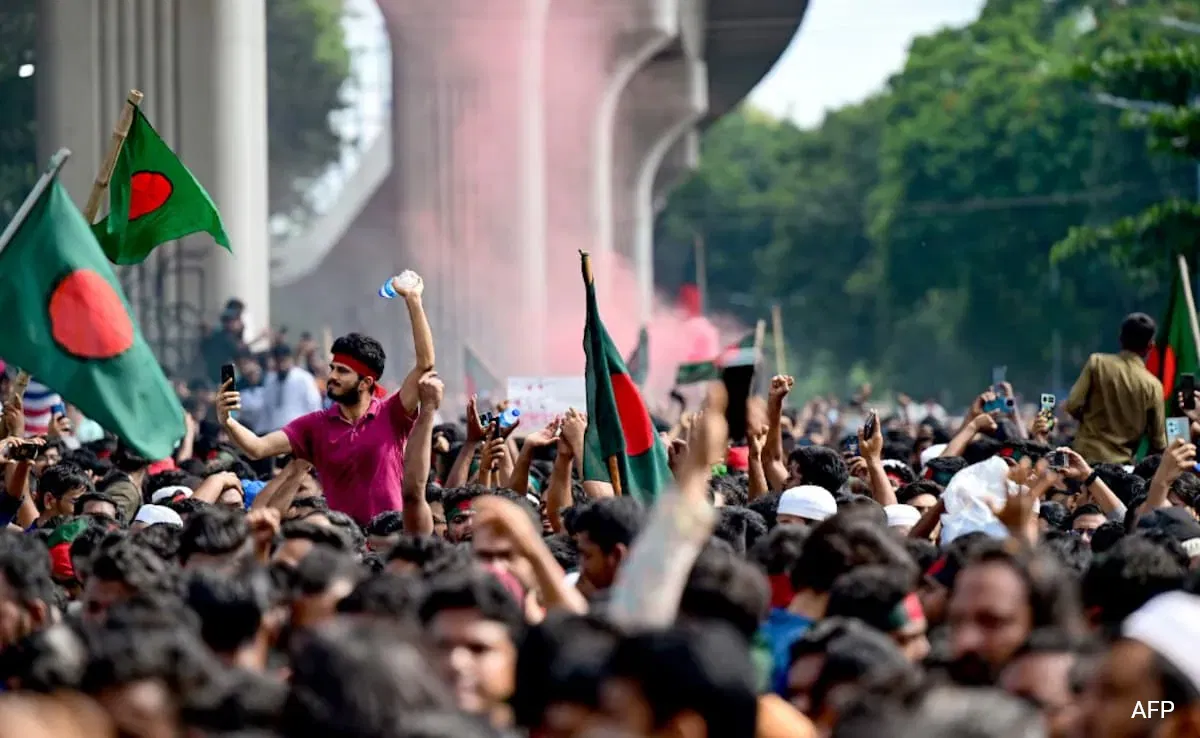
Divya Delhi: Global trade halted in 2020 due to the COVID-19 epidemic. Borders closed. Flights halted. Supply chains froze. Bangladesh was among the hardest damaged Indian economies. Ready-Made Garments (RMG), Bangladesh's main industry, faced an existential crisis. The industry accounts for 85% of Bangladesh's exports and 13% of its GDP, employing approximately four million people, largely women. Bangladesh received orders for masks, medical fabrics, gloves, and hospital apparel but couldn't deliver. India intervened. At the height of the crisis, the Sheikh Hasina-led Dhaka government sought aid from New Delhi to solve logistical challenges. India responded with a lifesaving trans-shipment capability via its ports and airports. Why was this crucial? Bangladesh's ports and airports couldn't manage it. The disparity was stark—shipping from Kolkata cost $2–$2.5 per kilo, while Bangladesh cost $5–$6. This institution transformed Bangladeshi exports. For India, it was a free favor on the belief that neighbors help each other in dire circumstances.
- Education(148)
- India(771)
- Entertainment(399)
- Sports(272)
- Business(226)
- Bollywood Hollywood(95)
- International(196)
- Life & Style(91)
- Opinion(139)
- Educational(5)
- Crime(7)
- Technical(6)
- World(18)


